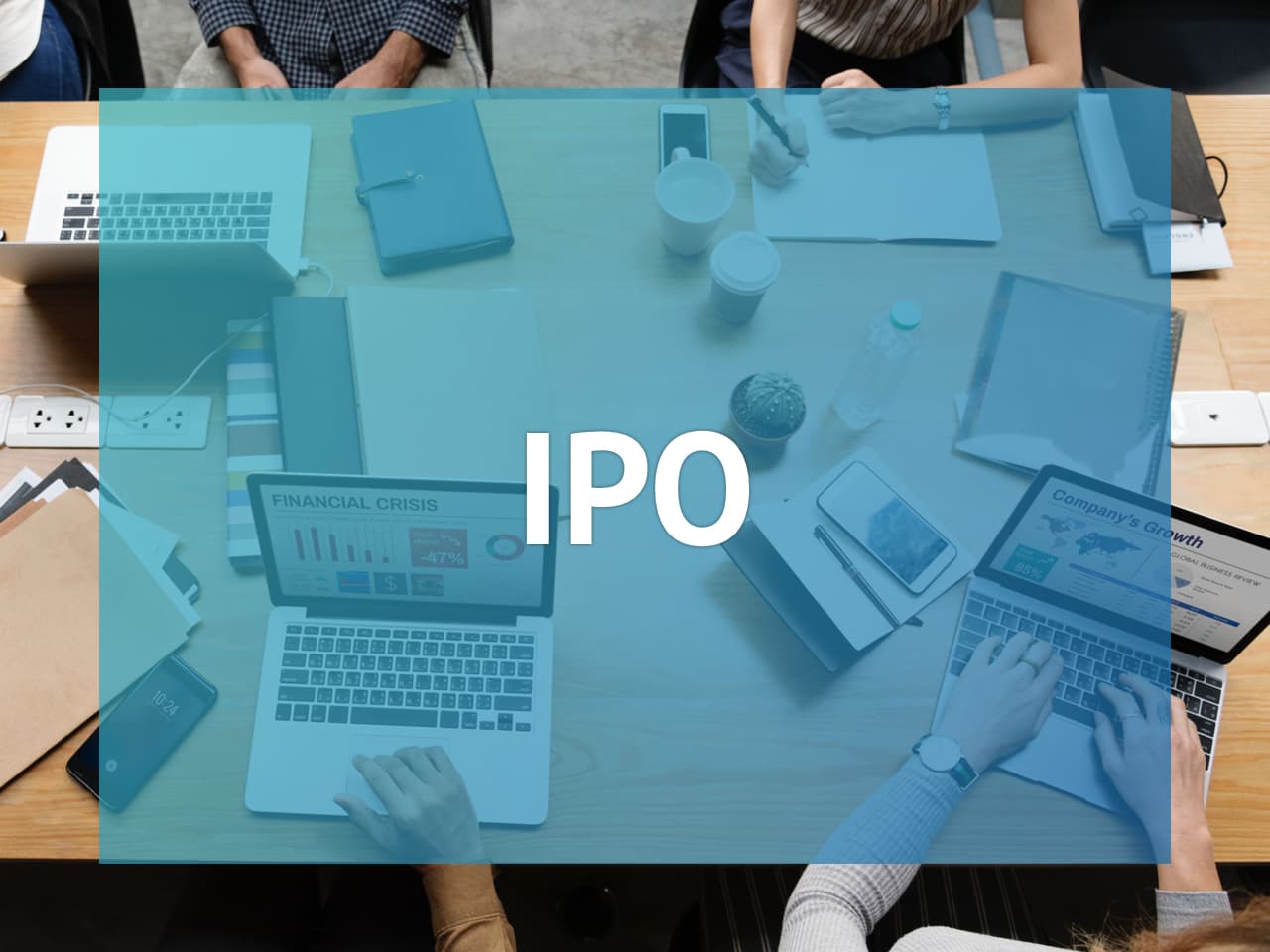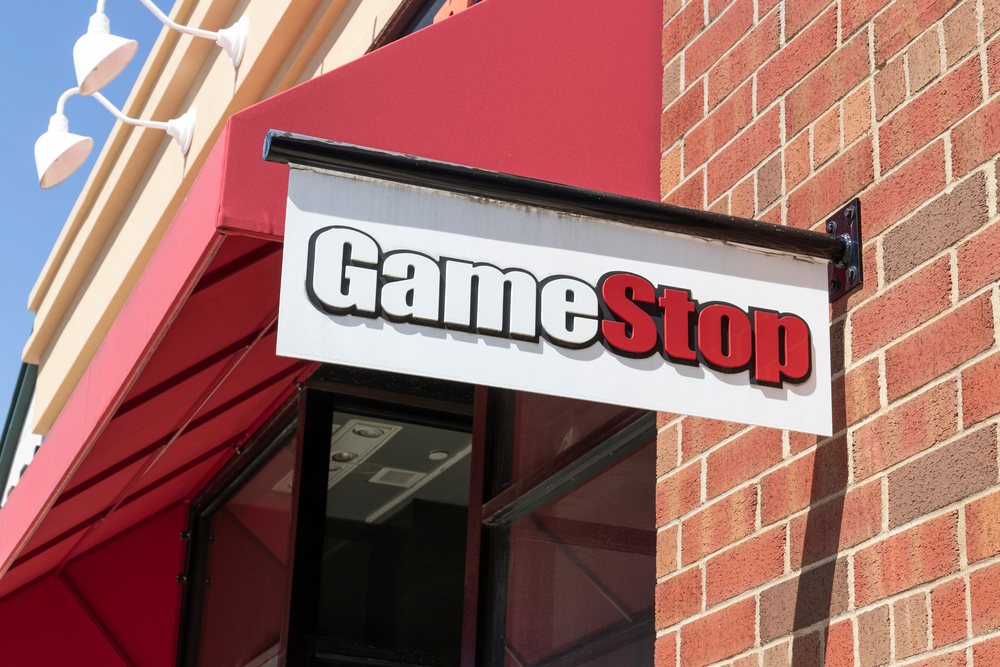After a prolonged lull, the IPO market is witnessing strong activity this year, reflecting an increase in investor appetite and impressive stock market performance. The central bank’s recent rate cut and slowing inflation are also contributing to the sharp increase in listings, compared to last year.
Recently, e-commerce company Pattern Group Inc. revealed plans to sell around 22 million shares of its common stock in an initial public offering. Post-IPO, the stock is expected to trade on the Nasdaq Global Select Market under the symbol PTRN. It is estimated that the offer price will be between $13.00 and $15.00 per share. The IPO will be managed by a group of underwriters led by Goldman Sachs & Co. and JPMorgan.
Proceeds
The stock sale is expected to generate net proceeds of around $135 million, based on an assumed offer price of $14.00 per share, which is the midpoint of the estimated range. The amount excludes charges and other expenses related to the offering. The management plans to use the proceeds for working capital, general corporate purposes, and to fund Pattern’s growth strategies. A portion of the amount will be used for acquiring or investing in complementary businesses, products, or services.
In the three months ended June 2025, Pattern generated revenues of $598.2 million, representing an improvement from the prior-year period when it posted revenues of $430.6 million. Net income increased to $23.8 million in the second quarter from $17.8 million in the corresponding quarter last year. For the first half of 2025, the company posted revenues of $1.14 billion, representing a 35% year-over-year increase. Net income rose to $47 million in the six months from $35 million a year earlier.
The company
Pattern Group operates as an e-commerce accelerator, helping brands grow on global marketplaces by leveraging proprietary technology, machine learning, and on-demand experts. It generates the substantial majority of its revenue from consumer product sales on global e-commerce marketplaces. The company purchases inventory from partner brands and resells it on marketplaces like Amazon and Walmart.

























